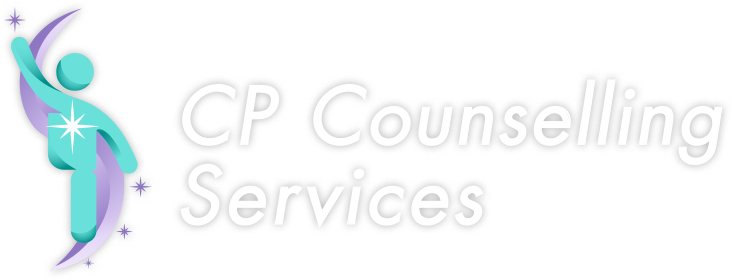Ann Marie here and welcome to my next vlog.
Childhood emotional neglect often remains unrecognized or unreported. Make no mistake, this is a form of maltreatment and can be devastating for the child and the adult they grow to be. When a child is in an environment that is not supportive over a long period of time, this can affect a child’s sense of self, their capacity to trust others, their ability to engage in healthy relationships and can even affect physical health. Not being tended to, lack of attention, lack of love and affection, abuse of any kind, dysfunction within the family, and absent or unavailable caregivers all typically have fallout as failing to meet a child’s emotional needs. This trauma is very real and carries on into adulthood. A struggle with self-esteem and self-confidence go hand-in-hand.
Childhood emotional neglect falls under the umbrella of psychological maltreatment and is more prevalent than most realize. Studies indicate this form of abuse might have the most wide-ranging negative mental health impact among all types of maltreatment. It can lead to adverse educational, psychological, and physical outcomes. Internalizing behaviours – these are directed toward oneself—may surface such as withdrawal, isolation, or an eating disorder. Externalizing behaviours – these are directed toward others—may surface such as physical aggression.
A child’s perception of being cared for or being neglected is crucial. If a child perceives they’re being neglected emotionally, they are twice as likely to develop psychiatric disorders by their mid-teen years including depression, anxiety, panic disorder, bipolar disorder, phobias, and posttraumatic stress disorder. Adolescents are more likely to have poor academic performance, engage in substance abuse, in risky sexual activity, and suicide attempts. Did you know that emotional neglect is often transgenerational?
If there are no bruises or other obvious signs of abuse, how would you know this is happening? There are many and varied “clues” if you will that tell us emotional needs are not being met. Caregivers can be cold, unresponsive to the child’s feelings, ignore the child, give little or no praise, have a lack of interest in the child’s life, show no affection or love, make the child feel unwanted, constantly find fault with the child and the list goes on. Parents can also be quite aggressive with verbal discipline including blaming and shaming, can have substance use disorders, have mental health diagnoses, and certainly can have suffered from emotional neglect themselves as a child.
The child can be riddled with suffering including non-secure attachment styles, be withdrawn or aggressive and hostile, suffer developmental delays, have anger or rage toward the caregiver, and have significantly less positive social interactions to name a few. From childhood and into adulthood we see low self-esteem, little to no self-compassion, feelings of shame, humiliation, depressive and anxious symptoms, self-blame and even cognitive and attention deficits. As the child’s sense of self was eroded, so too is this found in the adult. As a therapist I have been witness to all of these symptoms and more. If you are an adult who was raised in this type of environment and is now suffering the fall-out, do seek professional help. As you begin to peel away the maladaptive layers and process your trauma, you can begin to love yourself and therefore begin to heal. If you suspect or observe signs of emotional neglect or otherwise abuse in a child report this to your local authorities immediately. We are all responsible for children.
See you next time.
https://www.parentingforbrain.com/childhood-emotional-neglect/

